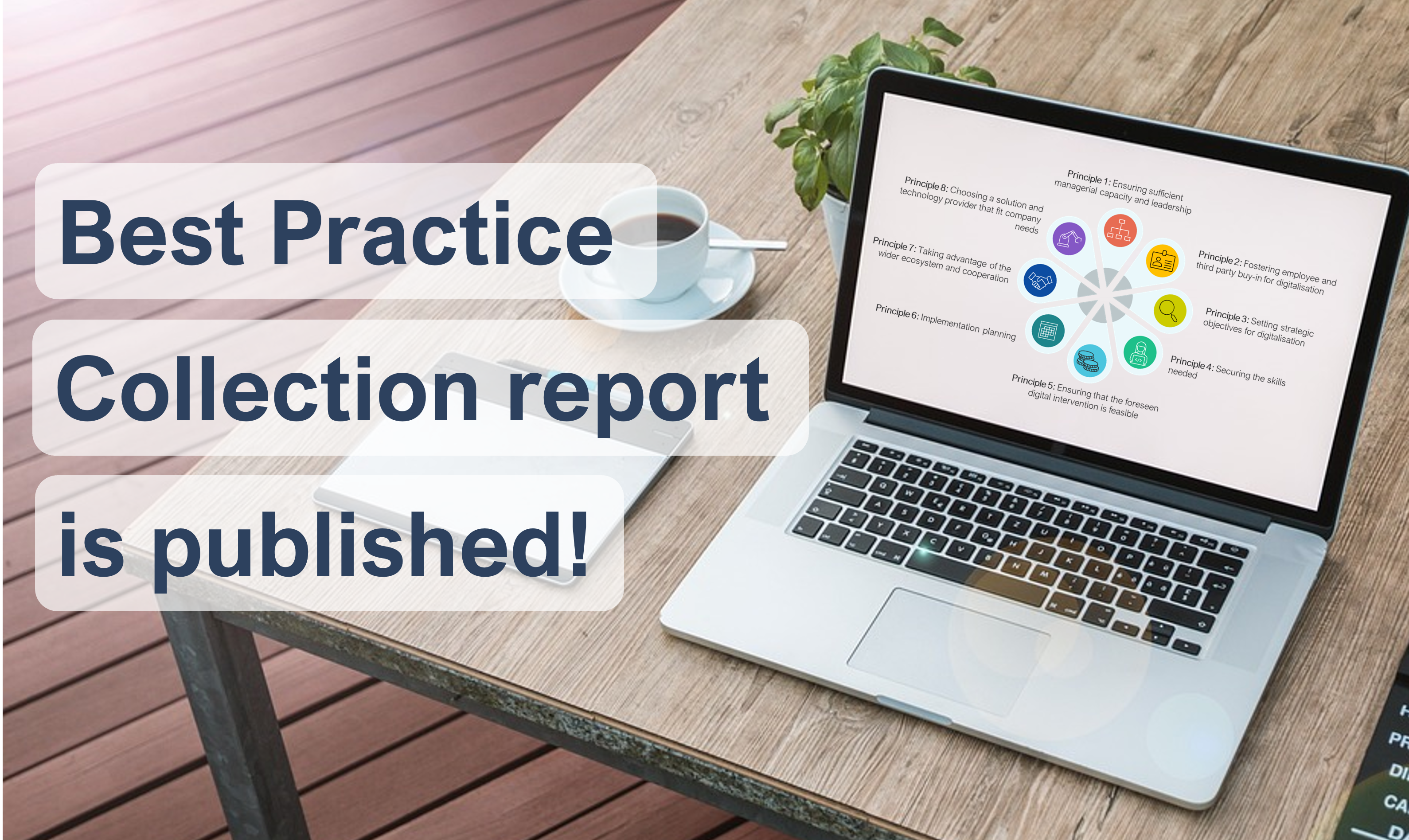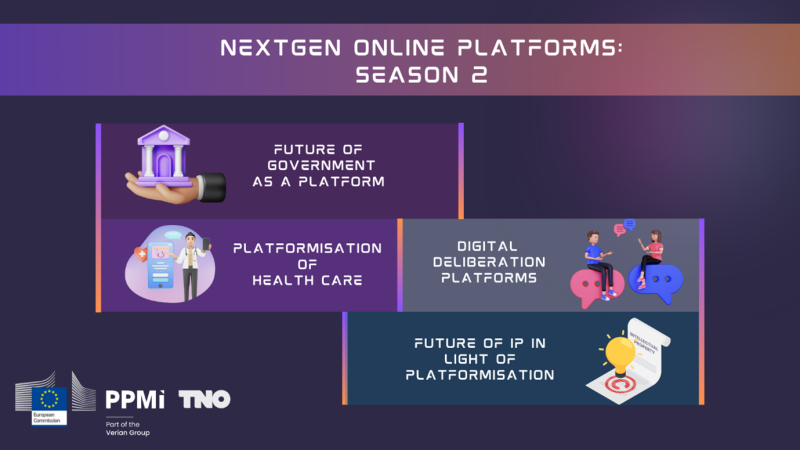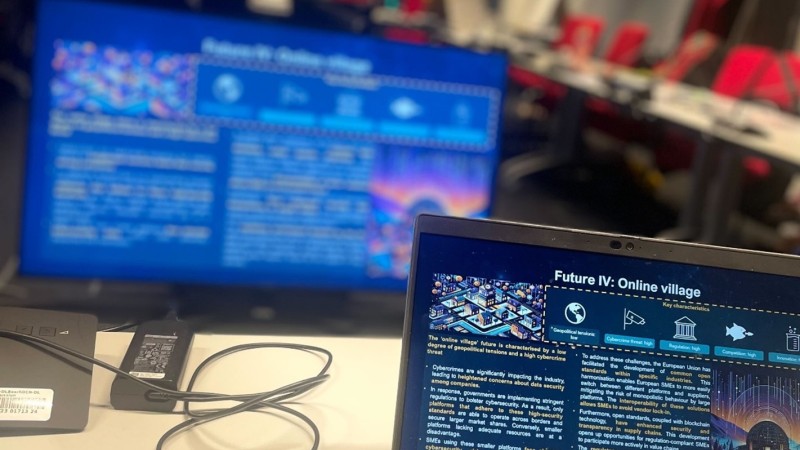European industry digitalisation – report on best practices for companies is now published!
Prepared as part of the Smart Industrial Remoting study, the Best Practice Collection report contains eight best practice principles, each providing practical advice for companies looking to advance their digitalisation journeys.
For the purposes of this report, the concept of ‘best practice’ refers to size- and digital maturity-agnostic characteristics and behaviours exhibited by companies that have successfully adopted digital technologies.
The best practice principles have been developed keeping smaller and less digitally mature companies in mind. This is because many European businesses struggle with the uptake of digital technologies. While large companies are reaping the benefits of digitalisation, smaller and less digitally mature players risk falling behind. In turn, each best practice principle contains tailored advice for SMEs, building on their strengths, such as flexibility and agility.
Nevertheless, the principles are relevant for all companies embarking on digitalisation journeys, regardless of their size, industry, digital maturity or the technology being implemented. Each best practice principle is also accompanied by company or ecosystem examples, illustrating how the principle has been practically applied.
The eight best practice principles included in the report are:
- Best practice Principle 1 ‘Ensuring managerial capacity and leadership’ – company management can act as gateways or gatekeepers when it comes to digitalisation. Therefore, management buy-in is key in kick-starting and successfully implementing digitalisation initiatives.
- Best practice Principle 2 ‘Fostering employee and third party buy-in for digitalisation’ – to succeed, companies need to secure employee and third party buy-in for digitalisation through effective change management.
- Best practice Principle 3 ‘Setting strategic objectives for digitalisation’ – setting long-term objectives for digitalisation helps to persevere despite setbacks, foster buy-in and successfully implement new technologies.
- Best practice Principle 4 ‘Securing the skills needed’ – digital know-how is one of the most important enablers for digitalisation and can be secured using different means: in-house capabilities, upskilling/reskilling activities and external expertise.
- Best practice Principle 5 ‘Ensuring that the foreseen digital intervention is feasible’ – companies need to carefully assess the full costs and benefits of digitalisation, including difficult-to-measure effects on, for example, customer satisfaction.
- Best practice Principle 6 ‘Implementation planning’ – businesses need to align digitalisation plans with their needs, strategic objectives and transformation capabilities. Starting with smaller ‘quick-win’ projects can help companies to transition to broader digital transformations.
- Best practice Principle 7 ‘Taking advantage of the wider ecosystem and collaboration’ –companies do not operate in a vacuum. Harnessing the potential of cooperation with the wider business and public support ecosystem can help to ensure successful digitalisation.
- Best practice Principle 8 ‘Choosing a solution and a technology provider that fit company needs’ – the use of simple and low-cost technologies, such as open-source, off-the-shelf and non-industrial solutions, can make digitalisation more accessible to SMEs and businesses that have not yet digitalised.
The report is the result of an extensive research exercise, consisting of interviews with company representatives, desk research and a literature review. Data were collected on a total of 69 examples of company and ecosystem digitalisation, out of which 42 are included in the report. The findings were also presented at a workshop held on 10 November 2022.
The report will serve as input for further stages of the study. Namely, the development of Toolboxes containing recommendations for industry digitalisation.
If you have questions for the team or wish to join our mailing list, you can reach us at digital_industry@ppmi.lt.
See the full report here:






